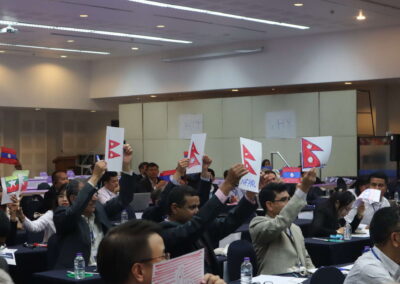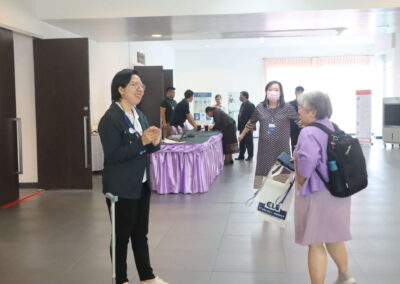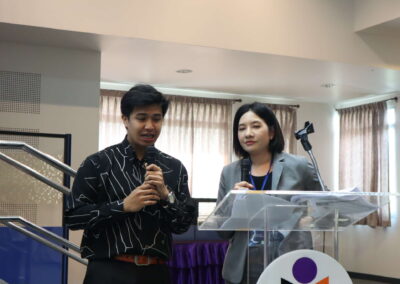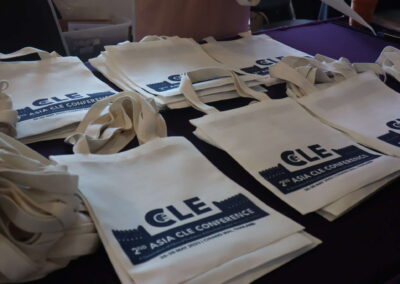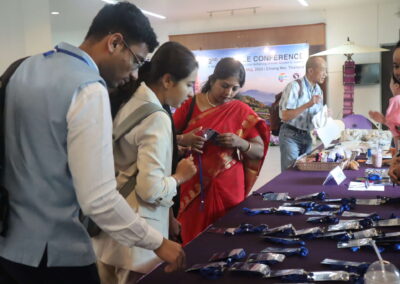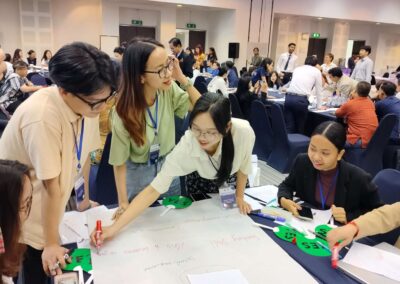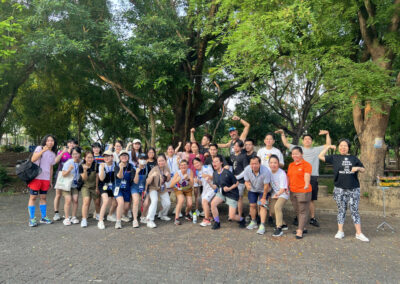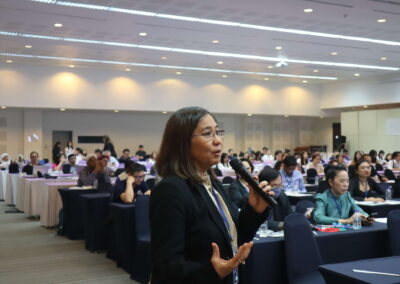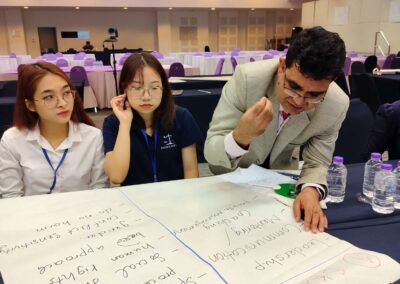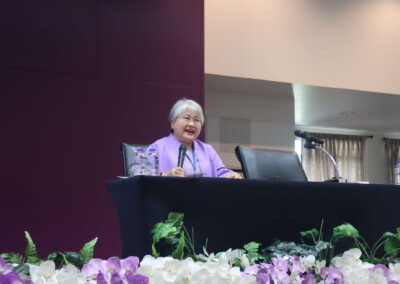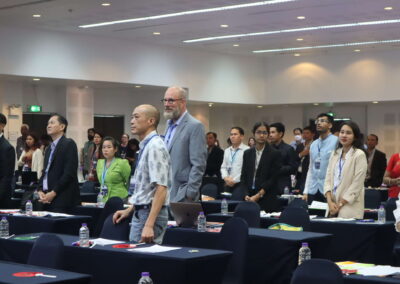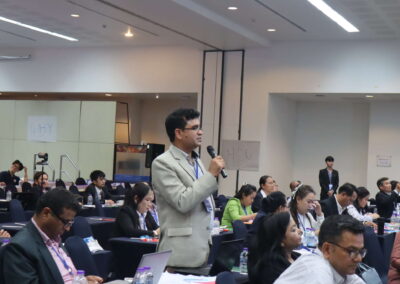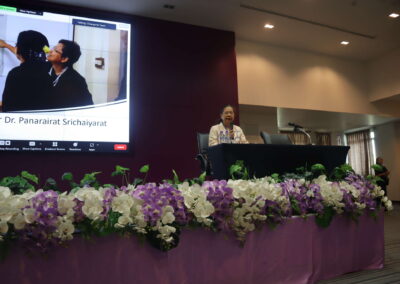3rd Asia Clinical Legal Education Conference
“Collaboratively Institutionalizing CLE Locally, Regionally, and Globally”
May 23 – 25, 2025 | Chiang Mai, Thailand
3rd Asia Clinical Legal Education (CLE) Conference
“Collaboratively Institutionalizing CLE Locally, Regionally, and Globally”
Venue: Uniserv, Chiang Mai, Thailand
The theme of the 3rd Asia CLE Conference is “Collaboratively Institutionalizing CLE Locally, Regionally, and Globally“, encouraging participants to explore innovative strategies and best practices in the development and implementation of CLE programs. The theme underscores the importance of shared efforts in enhancing legal education and professional development.
This hybrid event (in-person and online) will provide a forum to discuss opportunities and challenges in establishing CLE programs and initiatives, and the roles of clinical legal education in providing a higher quality of legal education, while also promoting access to justice, strengthening Rule of Law, and a building a culture of pro bono minded services. The Conference will serve as a platform for participants to further build strong connections and foster national, regional and international collaboration to further support the positive and continued evolution of CLE.
The 3rd Asia CLE Conference will be a dynamic platform for fostering collaboration and innovation in the field of Clinical Legal Education. Participants can expect interactive discussions, networking opportunities, and cultural experiences that contribute to the broader goal of strengthening legal education globally.
Registration Fees
In-Person Attendance: (General Public)
Early Bird
Now - 28 Feb 2025- Access to all 3 days of conference sessions.
- Daily lunch and two refreshment breaks each day.
- Conference dinner on one evening.
Regular
1 Mar - 14 Apr 2025- Access to all 3 days of conference sessions.
- Daily lunch and two refreshment breaks each day.
- Conference dinner on one evening.
Late
15 Apr - 15 May 2025- Access to all 3 days of conference sessions.
- Daily lunch and two refreshment breaks each day.
- Conference dinner on one evening.
In-Person Attendance: (Student)
Early Bird
Now - 28 Feb 2025- Access to all 3 days of conference sessions.
- Daily lunch and two refreshment breaks each day.
- Conference dinner on one evening.
Regular
1 Mar - 14 Apr 2025- Access to all 3 days of conference sessions.
- Daily lunch and two refreshment breaks each day.
- Conference dinner on one evening.
Late
15 Apr - 15 May 2025- Access to all 3 days of conference sessions.
- Daily lunch and two refreshment breaks each day.
- Conference dinner on one evening.
In-Person Attendance: (General Public)
Virtual Attendance:
Early Bird
Now - 28 Feb 2025- Access to all live-streamed sessions.
Regular
1 Mar - 14 Apr 2025- Access to all live-streamed sessions.
Late
15 Apr - 15 May 2025- Access to all live-streamed sessions.
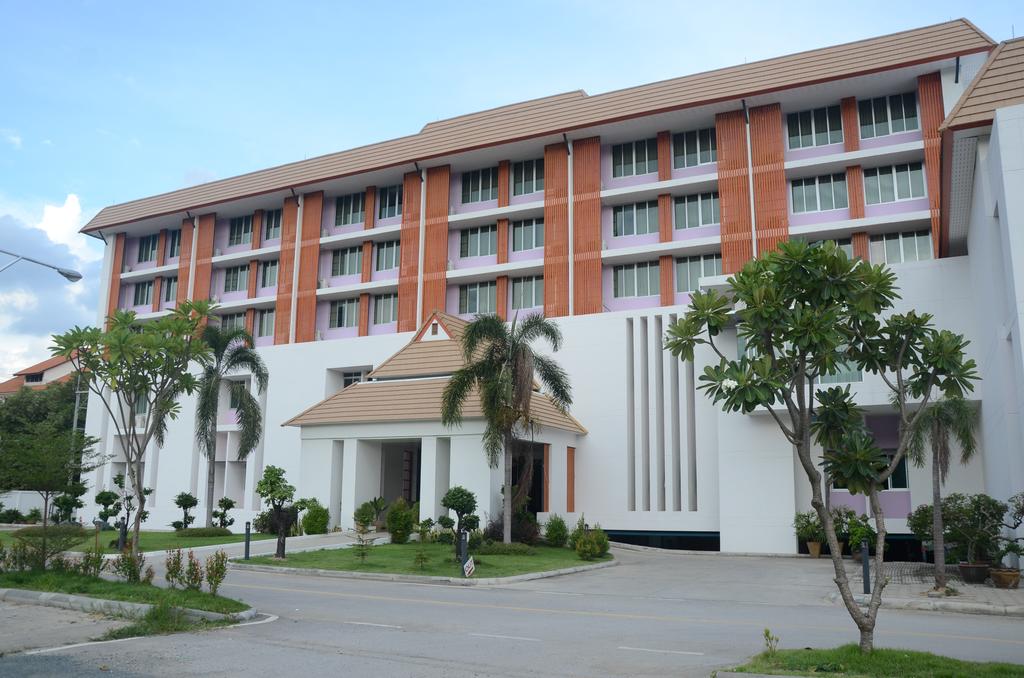
Conference Dates and Location
- Event Dates: May 23-25, 2025
- Location: Chiang Mai, Thailand
- Venue: Uniserv
Uniserv
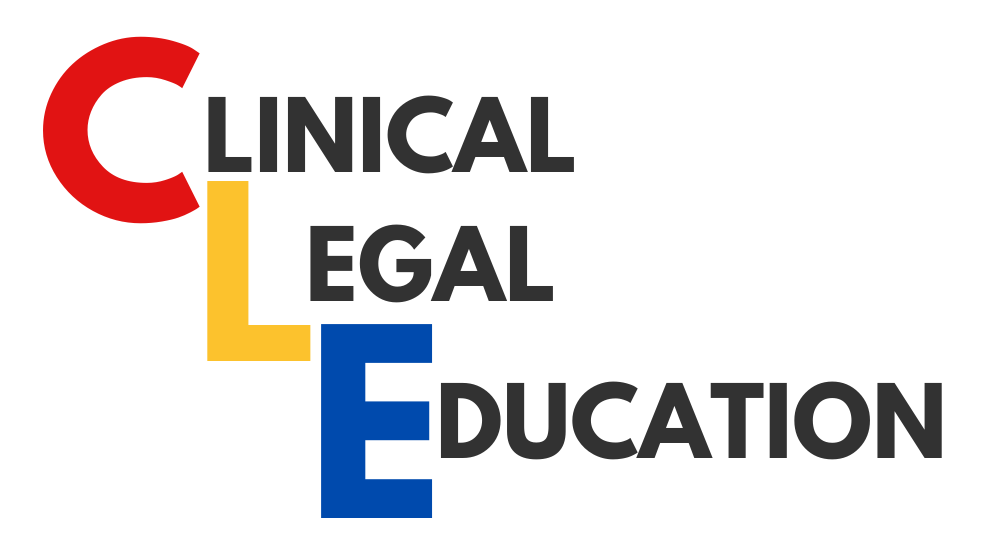
Clinical legal education (CLE) is a progressive educational system most often implemented through university-based faculty of law programs to help develop better-trained, more socially conscious legal service providers. It is a process whereby students learn by doing. It is an experiential problem-solving based model, in which students actively involve themselves in either real client/personal interactions or simulation case studies set up to mirror real client/personal scenarios. This process is conducted under the supervision of experienced clinicians and legal practitioners. CLE also involves a variety of community outreach programs.
As a teaching device, this type of experiential problem-based learning is considered a highly effective means of adult learning where students learn and importantly retain a vast amount of what is taught. The use of this interactive method of teaching focuses students on becoming more able, thorough and ethical advocates, attorneys, governmental and private employers/employees.
“Clinical Legal Education (CLE) programs provide pro bono services to the community while educating the next generation of social justice, pro bono champions.”
